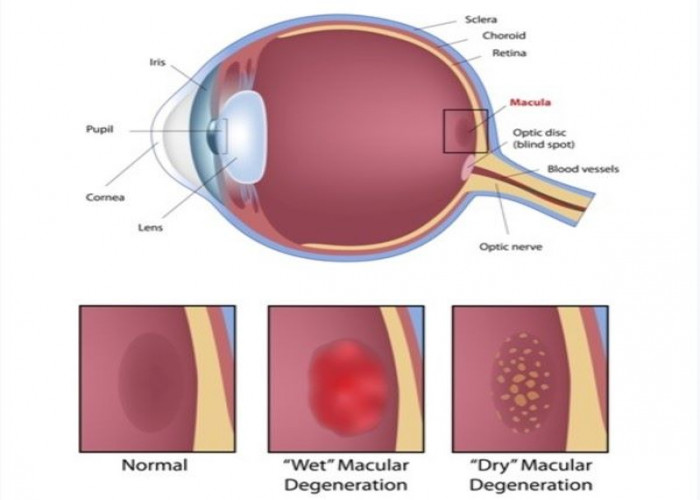 Welcome
Welcome
“May all be happy, may all be healed, may all be at peace and may no one ever suffer."
Dry macular degeneration
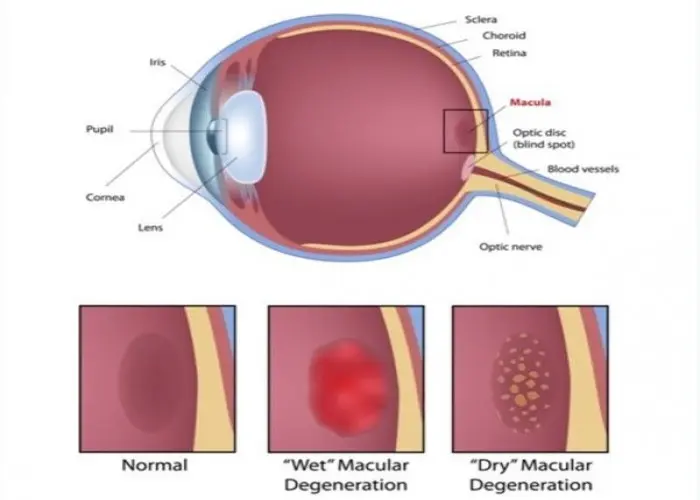
Dry macular degeneration, also known as non-exudative or atrophic macular degeneration, is an eye condition that affects the macula, which is part of the retina responsible for central vision. It is the most common form of age-related macular degeneration (AMD), a progressive condition that can cause vision loss over time.
In dry AMD, small deposits called drusen accumulate in the macula, causing it to thin and become damaged. As a result, people with dry AMD may experience blurred or distorted vision, difficulty reading or recognizing faces, and decreased brightness and color perception. Dry AMD usually progresses slowly and may affect one or both eyes.
There is currently no cure for dry AMD, but some treatments may slow down its progression and preserve vision. These may include taking nutritional supplements containing antioxidants and zinc, avoiding smoking, eating a healthy diet rich in green leafy vegetables and fish, and managing other health conditions such as high blood pressure and high cholesterol.
Regular eye exams are important for the early detection and management of dry AMD, as well as other eye conditions. If you experience any changes in your vision, it is important to consult with an eye doctor as soon as possible.
Research Papers
Disease Signs and Symptoms
- Blurred vision of eye
- Reduced central vision in one or both eyes
- The need for brighter light when reading or doing close-up work
- A well-defined blurry spot or a blind spot in the field of vision
- Dryness or a feeling of stickiness in the mouth
Disease Causes
Dry macular degeneration
No one knows exactly what causes dry macular degeneration. But research indicates it may be affected by a combination of heredity and environmental factors, including smoking, obesity and diet.
The condition develops as the eye ages. Dry macular degeneration affects the macula — an area of the retina that's responsible for clear vision in your direct line of sight. Over time, tissue in your macula may thin and lose cells responsible for vision.
Disease Prevents
Dry macular degeneration
It's important to have routine eye exams to identify early signs of macular degeneration. The following measures may help reduce your risk of developing dry macular degeneration:
- Manage your other medical conditions. For example, if you have cardiovascular disease or high blood pressure, take your medication and follow your doctor's instructions for controlling the condition.
- Don't smoke. Smokers are more likely to develop macular degeneration than are nonsmokers. Ask your doctor for help to stop smoking.
- Maintain a healthy weight and exercise regularly. If you need to lose weight, reduce the number of calories you eat and increase the amount of exercise you get each day.
- Choose a diet rich in fruits and vegetables. Choose a healthy diet that's full of a variety of fruits and vegetables. These foods contain antioxidant vitamins that reduce your risk of developing macular degeneration.
- Include fish in your diet. Omega-3 fatty acids, which are found in fish, may reduce the risk of macular degeneration. Nuts, such as walnuts, also contain omega-3 fatty acids.
Disease Treatments
As of now, there's no treatment for dry macular degeneration. However, there are many clinical trials in progress. If your condition is diagnosed early, you can take steps to help slow its progression, such as taking vitamin supplements, eating healthfully and not smoking.
Low vision rehabilitation
Age-related macular degeneration doesn't affect your side (peripheral) vision and usually doesn't cause total blindness. But it can reduce or eliminate your central vision — which is necessary for driving an automobile, reading and recognizing people's faces. It may be beneficial for you to work with a low vision rehabilitation specialist, occupational therapist, your eye doctor and others trained in low vision rehabilitation. They can help you find ways to adapt to your changing vision.
Surgery to implant a telescopic lens
For selected people with advanced dry macular degeneration in both eyes, one option to improve vision may be surgery to implant a telescopic lens in one eye. The telescopic lens, which looks like a tiny plastic tube, is equipped with lenses that magnify your field of vision. The telescopic lens implant may improve both distance and close-up vision, but it has a very narrow field of view. It can be particularly useful in an urban environment to aid in identifying street signs.
Disease Diagnoses
Disease Allopathic Generics
Disease Ayurvedic Generics
Disease Homeopathic Generics
Disease yoga
Dry macular degeneration and Learn More about Diseases
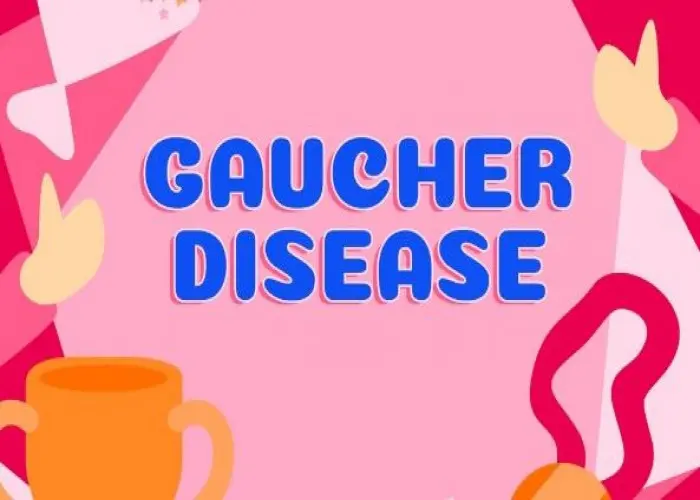
Gaucher disease

Stickler syndrome
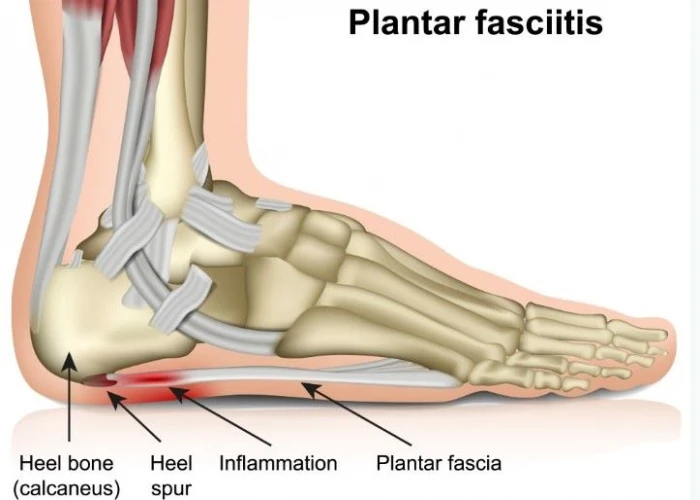
Plantar fasciitis
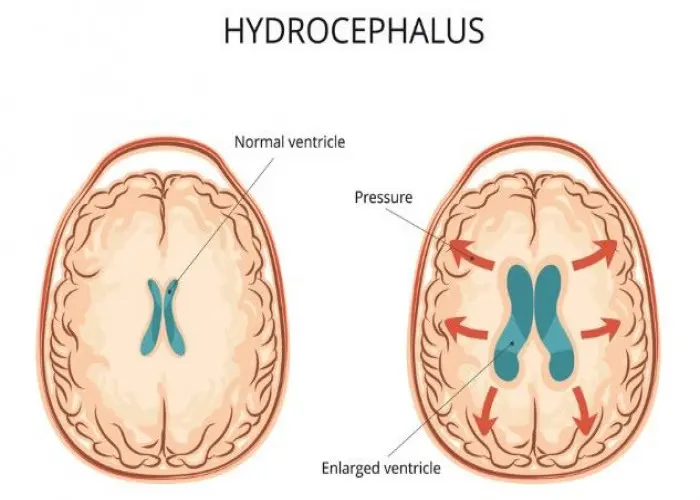
Hydrocephalus
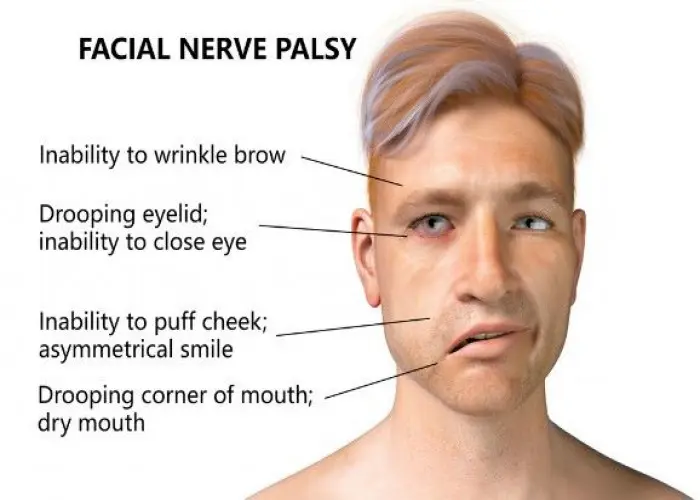
Facial palsy

Pyloric stenosis

Spider bites
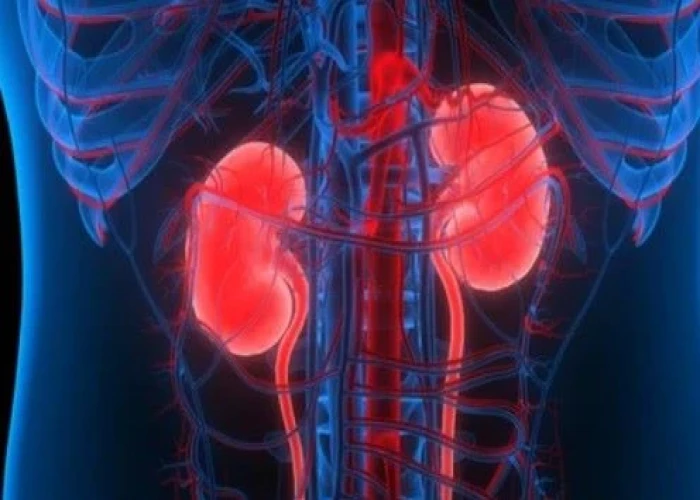
Pyelitis
dry macular degeneration, শুকনো ম্যাকুলার অবক্ষয়
To be happy, beautiful, healthy, wealthy, hale and long-lived stay with DM3S.
